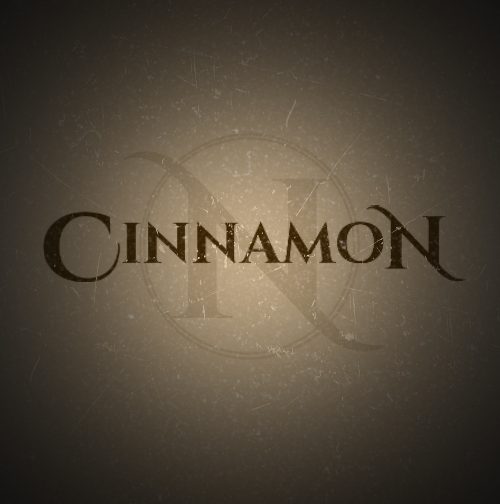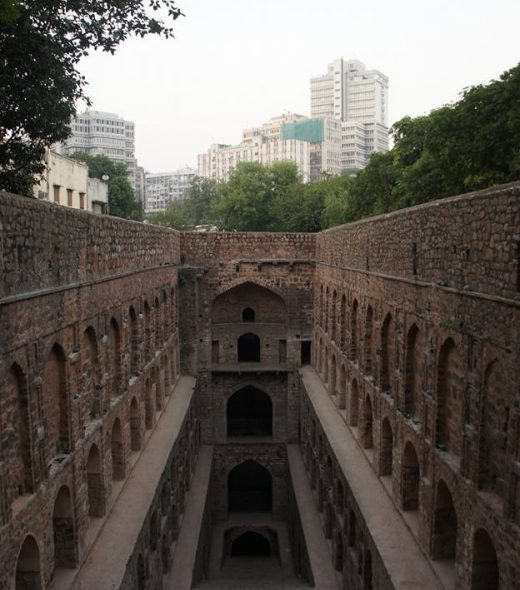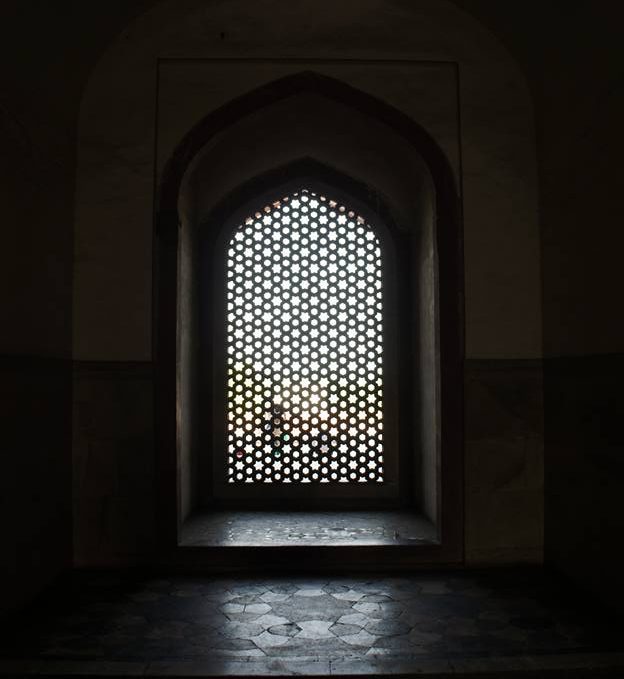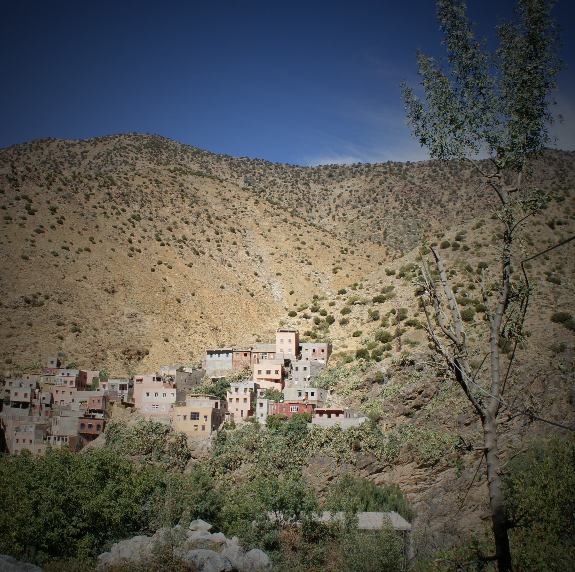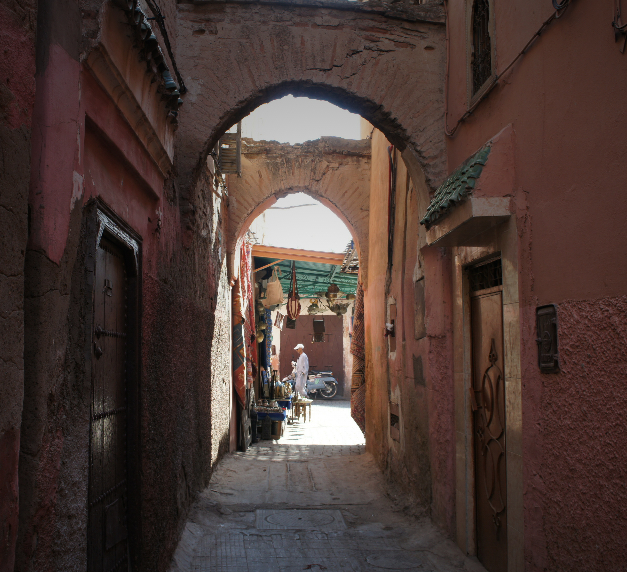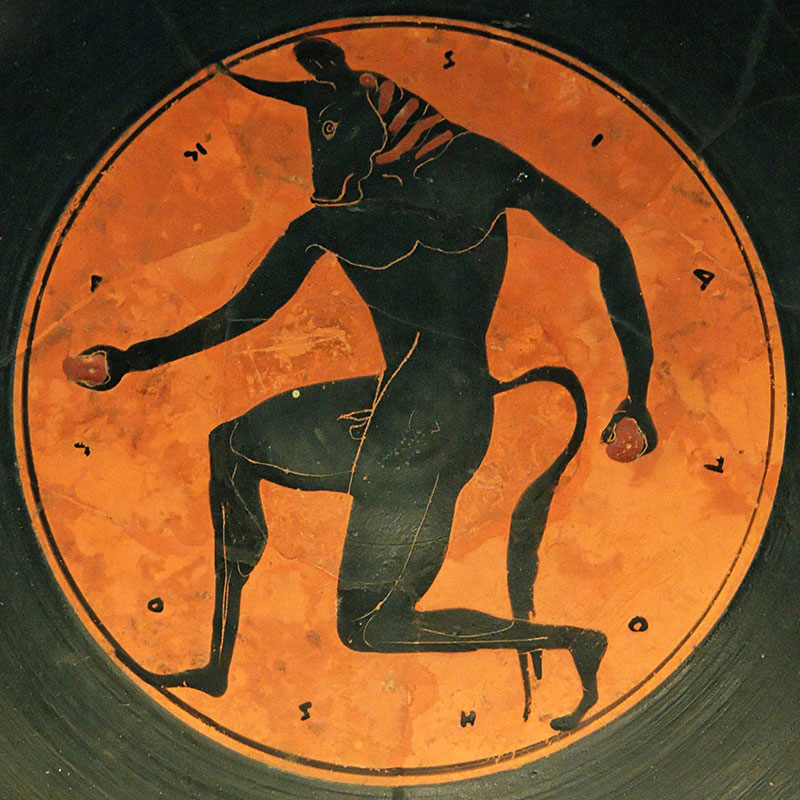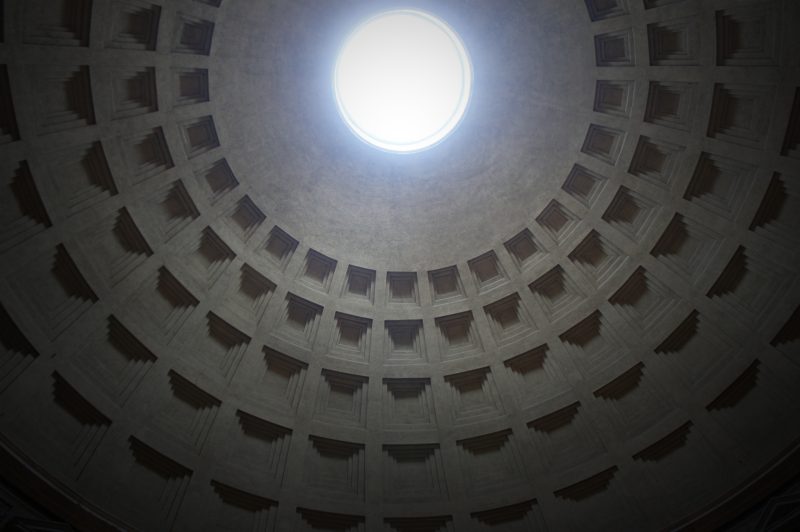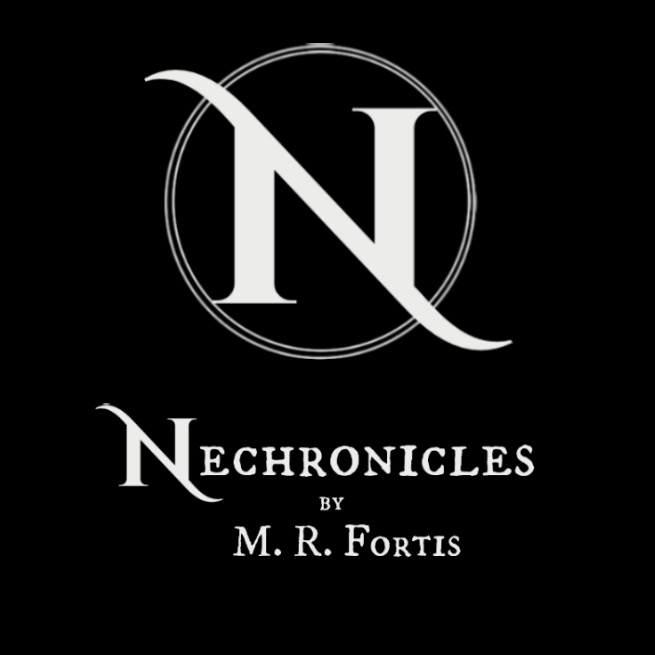A steamtram rattled along Grand Parade. Its bell sounded out as it whipped along the long road in a train of steam and dust. A small boy jumped from a carriage on to the busy street. Red dirt dispersed into the particles that made up the Necropolitan air as he barged his way through the crowds. Swear words and insults floated up with the dust.
The boy stepped to a tall, narrow doorway which stood between unclean windows. A bell delicately chimed when he stepped into the office.
“You’re late,” Mrs Butz said in her voice of a thousand spent cigarettes.
“No I’m not,” the boy defended himself.
Mrs Butz looked up from the desk where she sat and inhaled deeply on a smoking stick. Red embers flashed as she smoked.
“How do you know?” she asked.
“Because I start when there enough crowds to buy the news.”
Mrs Butz slowly nodded. Her hair had been neatly pinned high above her head. It has long since started to fall apart. “I see,” she said, “and are there enough crowds out there now?”
The boy glanced out of the ink smattered window. He nodded his head in agreement.
“Then you’re late,” Mrs Butz said and threw an empty canvas bag at the boy. “Now fill this up and don’t come back til they’re all gone.”
“No problem Mrs Butz,” the boy said and stepped past two empty desks and towards a back room. The smell of fresh ink and hot metal filled his face. He barely noticed it.
“So what’s in the news today?” he called out as he loaded his bag.
“You can read can’t you?” Mrs Butz called back to the boy.
“Thirty years and counting,” the boy responded with pride in his voice. He observed the paper in his hand. “Doomsday Cult,” he read out loud. There was a black and white sketch of a group of hooded figures standing by a fire. “What does that even mean?”
“We’ve had a few reports of people walking around in long black coats, hooded, you know,” Mrs Butz responded, “They look evil.”
“And are they evil?”
Mrs Butz flicked her smoke stick and shrugged her shoulders. “How do I know?” she asked.
“Is this news?” the boy said.
“It doesn’t matter if it’s news. It sells. People like a story.” Mrs Butz put the smoking stick to her lips and inhaled. “Now get out there and sell it,” she said through billows of grey smoke.
A woman caught a glimpse of the headline. She hitched up the long green coat that fell over her small crinoline, which was the height of fashion in her time, and crossed the road. She paid little attention to the speeding wagons and steamtrams. Her eyes were locked firmly on the newspaper in a scruffy boy’s hand. When she was close enough, Brigid O’Brien snatched the paper from the boy.
“Doomsday cult?” she read out loud with a good dose of scepticism. “Is this really news?” she asked the boy. The natural cheer in her Irish accent could not be masked by her stern face.
“I don’t print the headlines lady,” the boy responded, “As much as I don’t give them away. You going to pay for that?”
With the paper under her arm, Brigid reached into a pouch that hanged from her jacket belt. She produced a black coin and handed it to the boy.
“Keep the change,” she said and walked along Grand Parade with her eyes still firmly on the story in her hand. She did not notice the man until she stepped into him.
“What do you make of that?” the man asked when she had walked into him.
“I’m sorry,” Brigid said.
“Doomsday cults, hooded figures,” he elaborated as he tipped his round head towards the newspaper, “Mysterious goings-ons. Secrets and lies. Can’t be a good thing.”
“Oh I–”
“I mean you never know what goes on in this city. Close to the gates of hell and all.”
“I don’t–”
“Folk worshiping all sorts around here,” the man said. He raised a bushy eyebrow at Brigid.
“I don’t fall for tabloid speculation,” she said and disappeared into the crowds of the morning.
When she had walked a safe distance from the man, Brigid turned into a quiet road and read the front page of the newspaper. Eager thumbs sifted through the large, thin pages. Brigid shook her head and rolled her deep brown eyes to the sky.
“Idiots,” she muttered, closed the newspaper and folded it down to a quarter of its size. She slipped it into her green velvet coat.
Brigid carried on along the road with added urgency, fuelled by her disapproval for the morning’s headline. Along the road, down a lane and up some steps, Brigid soon came to a short building of two storeys. On one side rested a ladder that reached up to the small castle that was built into its roof. Brigid hitched up the excess reams of her deep green skirt and climbed the ladder.
Inside the castle, Brigid followed stone spiral steps that led into a tower. Necropolitan daylight streamed in through a doorway at the top. Fine debris hanged in the air, caught between the rays of light and stark shadows. Beyond the doorway was a bridge.
Brigid crossed the bridge and came to the attic of a large house. Across the attic, down a ladder and along a rooftop, Brigid made her secret way to the Northern slums that festered below Parcae. In the shadow of the fortress in the mountain she soon came to her destination.
A bin burned. It was the kind of bin that people would gather around to keep warm in the harsh winters of the overworld. But no one stood around this bin. Putrid smoke plumed out of it. Its foul stench hugged the walls of the houses behind it. Dark grey smoke hid the spikes and barbed wire that had been built into the houses in place of rooftops. Brigid lifted her pink silk scarf to shield her face from the offensive by-products of burning gula and other life forms that lived around those parts.
She stepped to a makeshift tin door in the central house and knocked on it three times. An upper curtain twitched. The woman repeated the rhythm. The front of the house grumbled and moved. It slid to the right. Just enough space was created between the buildings for Brigid to step through unnoticed. The front of the house slid back into place with a subtle growl.

